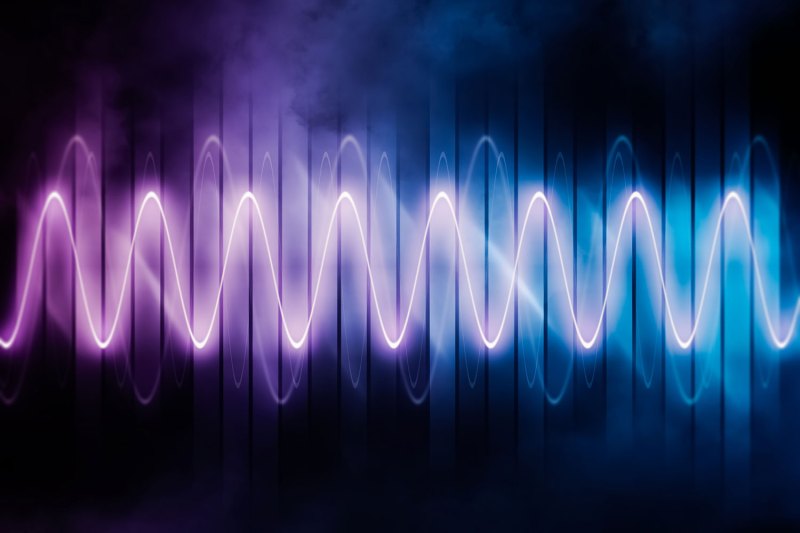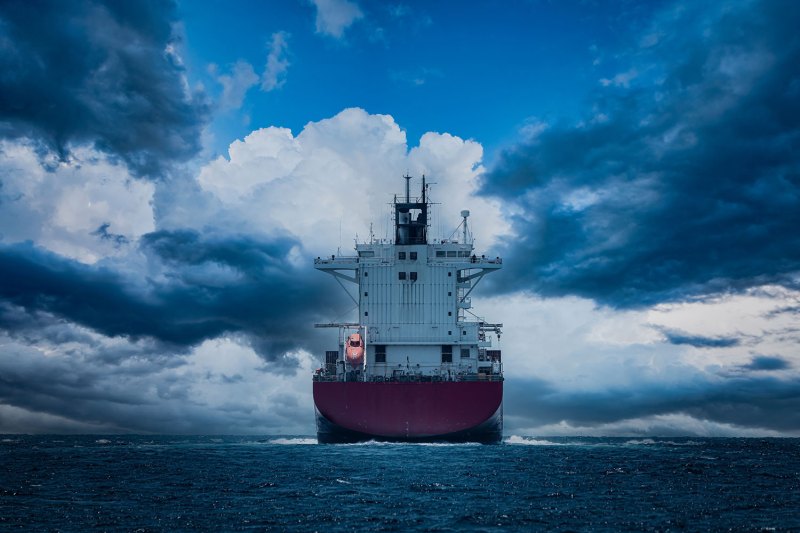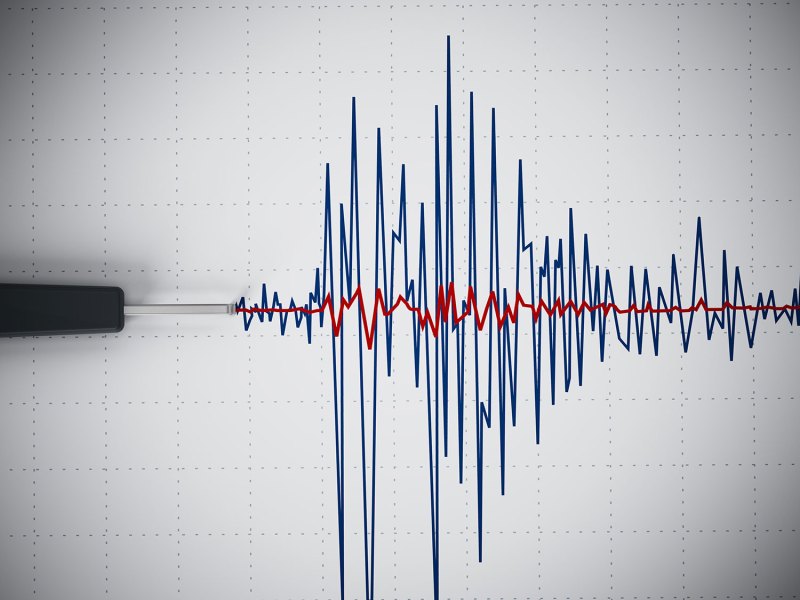Workshop 21
OBS Acquisition Productivity and Efficiency – Technology Trends and Disruptors. Friday, June 12Th |
Convenors
- Ted Manning (bp)
- James Southgate (bp)
- Dominic Lawrence (bp)
- Simon Hayter (TGS)
- Mark Rocke (TGS)
- Tristan Allen (slb)
- Tim Bunting (PXGEO)
- Ed Hager (Shearwater)
- Chris Walker (BGP)
Description
This workshop will explore the current status of seismic on the seafloor (OBS) and determine if existing technology is at the top of its technology S-curve, ripe for disruption with new technology accelerated by the digital age and growth in marine autonomy and robotics. What expectations should you have for these revolutionary technologies? What will the impact be for safety, survey cost, image quality, and schedule? This workshop will critically assess the productivity and efficiency of existing, next-generation, and generation after next OBS acquisition technologies. Alternative new seismic acquisition technologies not on the seabed will also be compared. Perspectives from the client, service, and equipment manufacturer sides will be presented, and the adjacent industry progress contrasted. The workshop aims to accelerate OBN technology development and adoption to continue to lower the cost per trace and drive the next step change in subsurface image quality and resolution.
Sub-Topics that will be covered in the workshop:
- Source equipment productivity and efficiency
- Receiver equipment productivity and efficiency
- Survey design and simulated operation models with implications of survey design on processing
- Impact on safety for both personnel and the environment with new technology and techniques
- Field Trials of new methods and technology
- Barriers to productivity and efficiency, including environmental and regulatory
- Case studies of methods and achieved productivity and efficiency statistics.



Participant Profile
The forum is targeted at seismic and geophysical professionals, with special interest for professionals in survey design, survey operations, seismic processing, and imaging (with an interest in what limits the data they receive).
Workshop Programme
Coming Soon!
| Time | Activity |
|---|---|
| 09:30 | Welcome - Convenors |
| 09:40 | Introduction to workshop |
| Session: UDD for seabed processing | |
| 09:50 | Wavefield deconvolution 30 years on: a practical tool for free surface multiple attenuation, designature, and more?" - Rodney Johnston (BP) |
| 10:10 | Robust up-down and down-down deconvolution for OBS data - Dmitri Lokshtanov (Equinor) |
| 10:30 | Processing and Imaging of OBN Data Using Separated and Full Acoustic Wavefields - Tim Seher (TGS) |
| 10:50 | Q & A |
| 11:10 | Coffee Break |
| Session: MDD for seabed processing | |
| 11:40 | Monopole or Dipole? - Gary Hampson (DUG) |
| 12:00 | Deep-water ocean-bottom seismic data processing using multidimensional deconvolution for improved multiple prediction - Daniele Boiero (SLB) |
| 12:20 | Multi-dimensional multiple modelling with sparse receiver lines - Gordon Poole (Viridien) |
| 12:40 | Q & A |
| 13:00 | Lunch Break |
| Session: UDD/MDD applications (beyond seabed processing) | |
| 14:20 | Multi-dimensional deconvolution as a framework for processing and targeted imaging - a comparison of redatuming approaches - Ivan Vasconcelos (Shearwater) |
| 14:40 | Marchenko redatuming by MDD and by double focusing: a systematic comparison - Kees Wapenaar (TU Delft) |
| 15:00 | A Practical Approach for Multi- Dimensional Deconvolution of Seismic-While-Drilling Data - Ning Wang (KAUST) |
| 15:20 | Deconvolution or inversion? Strategies for sparse data geometries - Eric Vershuur (TU Delft) |
| 15:40 | Q & A |
| 16:00 | Coffee Break |
| 16:30 | Discussion |
